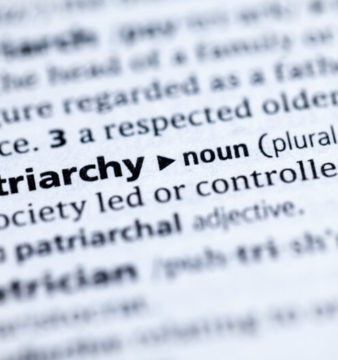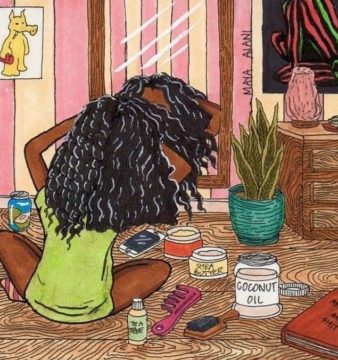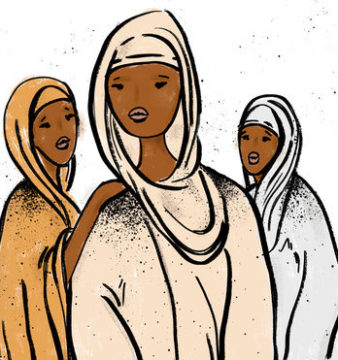Love Beyond Borders

Each year on 14 February, the world celebrates love. Although Valentine’s Day is one of the most celebrated holiday in the world, it’s not a public holiday anywhere. However, millions of people exchange cards, candy, gifts or flowers with their special ‘valentine’.
What many people do not know is the day of romance we call Valentine’s Day (Saint Valentine’s Day or the Feast of Saint Valentine) originates from Christianity, specifically from ancient Rome. The Catholic Church recognises at least two different saints named Valentine or Valentinus, both of whom were martyred. Their martyrdom was honoured by the Catholic Church with the celebration of St Valentine’s Day.
One story suggests that Valentine was a priest who served during the third century in Rome. When Emperor Claudius II decided that single men made better soldiers than those with wives and families, he outlawed marriage for young men. Realising the unjust law, Valentine defied Claudius and continued to perform marriages for young lovers in secret. When Valentine’s actions were discovered, Claudius ordered that he be put to death. Other stories suggest that Valentine may have been killed for attempting to help Christians escape harsh Roman prisons, where they were often beaten and tortured.
Ironically, most of the stories about the history of Valentine’s Day are dark. Well, love can be tragic. In July 2018, Sudanese social media users were in distress when news broke out on social media of the death of Qatar-based Sudanese bodybuilder and bodybuilding champion Mohammed Abdullatif, who was also known as Mohammed Koroghly. At first, rumours spread claiming he lost his life in a car accident. Sooner after, the truth surfaced with his immediate family members claiming he was allegedly killed by his brother-in-law by a gunshot wound to the chest. However, due to the lack of media coverage, the details are still unknown. However, Abdullatif’s family believed he was reportedly killed because his brother-in-law was unhappy with the marriage – Abdulatif, a Sudanese man married to a Qatari woman – a marriage of love.
From true modern-day tragic love stories such as Abdullatif’s to the early tragedy romance tales such as William Shakespeare’s Romeo and Juliet, we have learned love can end in despair and devastation. But of course, love has also lead to many happily-ever-afters. In today’s world, one that is more globalised and thus accessible than ever with countless opportunities for study, work and travel abroad. It’s no surprise that the number of couples entering intercultural relationships has increased in recent years.
500 Words Magazine interviews some Sudanese men and women in intercultural relationships or marriages to tell us about the good and the bad, and most importantly, about how love brought them together beyond borders and other boundaries.




